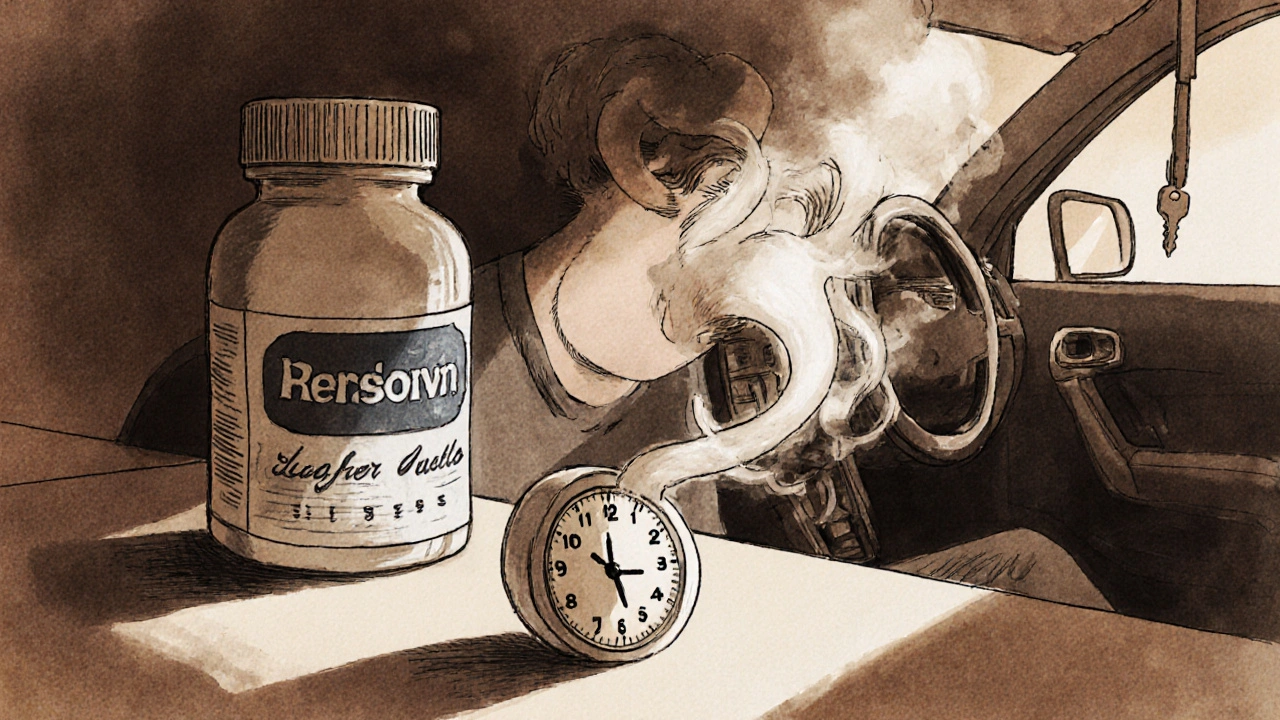Anticholinergic Effects: What They Are, Why They Matter, and Which Medications Cause Them
When a drug blocks acetylcholine, a key neurotransmitter that tells your muscles, glands, and nerves how to function, it triggers anticholinergic effects, a group of side effects caused by reduced activity in the parasympathetic nervous system. These aren’t rare quirks—they’re common, sometimes serious, and often missed. You might feel dry mouth after taking an allergy pill, or notice you’re urinating less after starting a sleep aid. That’s not just "normal aging"—it’s your body reacting to anticholinergic drugs, medications that intentionally or accidentally interfere with acetylcholine.
These effects show up in predictable ways: dry mouth, blurry vision, constipation, trouble peeing, and memory fog. In older adults, even small doses can lead to confusion, falls, or hallucinations. That’s why doctors now avoid prescribing these drugs to seniors unless absolutely necessary. But they’re still hiding in plain sight—in motion sickness patches, bladder meds, antidepressants, and even some cold and allergy pills. You don’t need to be on five drugs to get hit. One anticholinergic can be enough. And if you’re taking more than one, the effects stack up fast. It’s not just about discomfort—it’s about brain health, kidney stress, and long-term risk. Studies show prolonged use links to higher dementia rates, even after stopping the drug.
Some of the posts here dig into specific drugs that carry these effects. Cinnarizine, for example, helps with dizziness but can cause dry mouth and blurred vision. Tramadol, often used for pain, can also block acetylcholine in some people, leading to urinary retention or confusion. Even medications like levocetirizine, meant for allergies, have mild anticholinergic activity—enough to matter if you’re already sensitive. You’ll find real-world examples of how these drugs affect people daily, what to watch for, and how to talk to your doctor about alternatives. This isn’t about fear. It’s about awareness. If you’re on any long-term medication and notice changes in your memory, digestion, or bladder, it’s worth asking: Could this be anticholinergic? The answer might change how you feel tomorrow.
First-Generation Antihistamines: Why Severe Drowsiness and Anticholinergic Effects Matter
- Laura Ledas
- Oct, 30 2025
First-generation antihistamines like Benadryl cause severe drowsiness and anticholinergic side effects that can impair cognition, increase dementia risk, and affect daily safety. Learn why they’re risky - and what safer alternatives exist.
Learn More